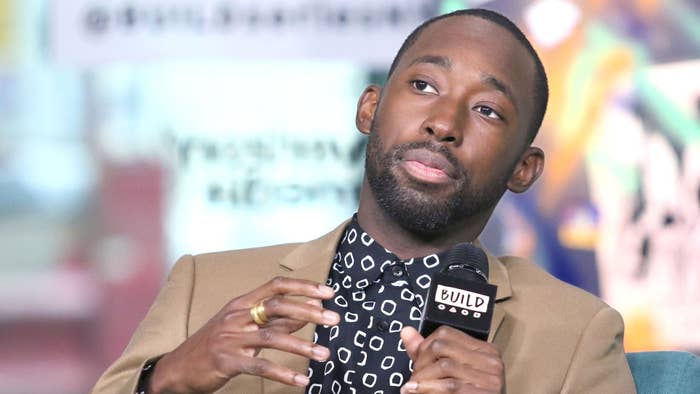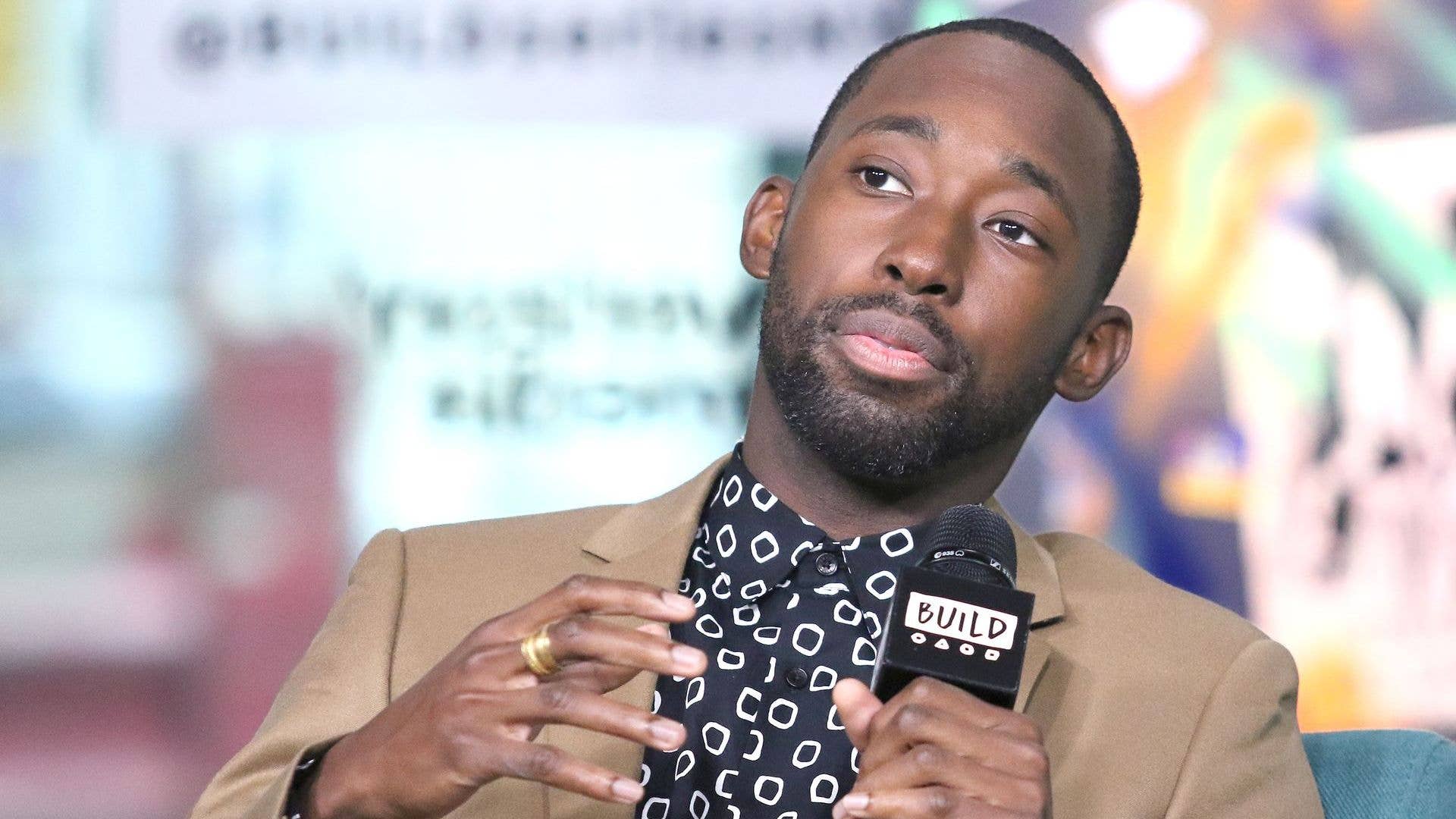
Dear White People star Jeremy Tardy has just announced that he will not be taking part in the fourth and final season of the Netflix show because of racial discrimination he said he faced with Lionsgate in regards to contract negotiations.
"Unfortunately I will not be joining NETFLIX’s Dear White People for its fourth and final season due to my experience with Lionsgate and their practices of racial discrimination," Tardy began in a series of tweets explaining the situation. "After being offered to return for several episodes my team was notified that our counter offer would not be considered and that the initial offer was the 'best and final'. This news was disturbing because one of my white colleagues — being a true ally — revealed that they too had received the same initial offer and had successfully negotiated a counter offer."
Tardy went on to explain that another one of his colleagues was also offered a pay that they believed was too low, but was able to negotiate it higher.
Tardy continued explaining that he, along with six other members of the cast, then attempted to ban together and collectively force Lionsgate's hand in making wages more equitable to all of them, but they were undermined by side deals that the company made to members of the group.
He closed by calling for more transparency in the film industry, especially now when many companies claim that they are standing for Black lives, yet are fundamentally doing wrong by them like here.

